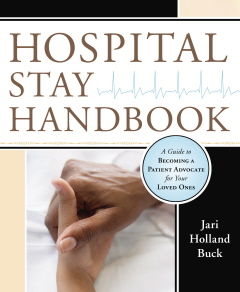__________
"What is your truth? Ask your heart, your back, your bones, and your dreams. Listen to that truth with your whole body. Understand that this truth will destroy no one and that you’re too old to be sent to your room.
Move into your truth as though it were an old house. Walk through each room. See, hear, and feel what it is to live there. Try to love what you find, and remember the words that come to you as you explore.
If you embrace it, if you are faithful to it, your truth will reward you with unimaginable freedom and intimacy with yourself and others. You won’t land in a world made to order; some people in your life may not like what you write. But those who remain will be allies, people who breathe deeply and listen. It will feel good to be seen completely and loved as you are. As Natalie Goldberg said after her friend found and read a piece of work-in-progress that she had left out from the day’s writing, 'I feel good because I don’t care that she sees how I really am. I’m glad. I want someone to know me.'”
— John Lee from Writing from the Body, excerpted in Art as a Way of Life

